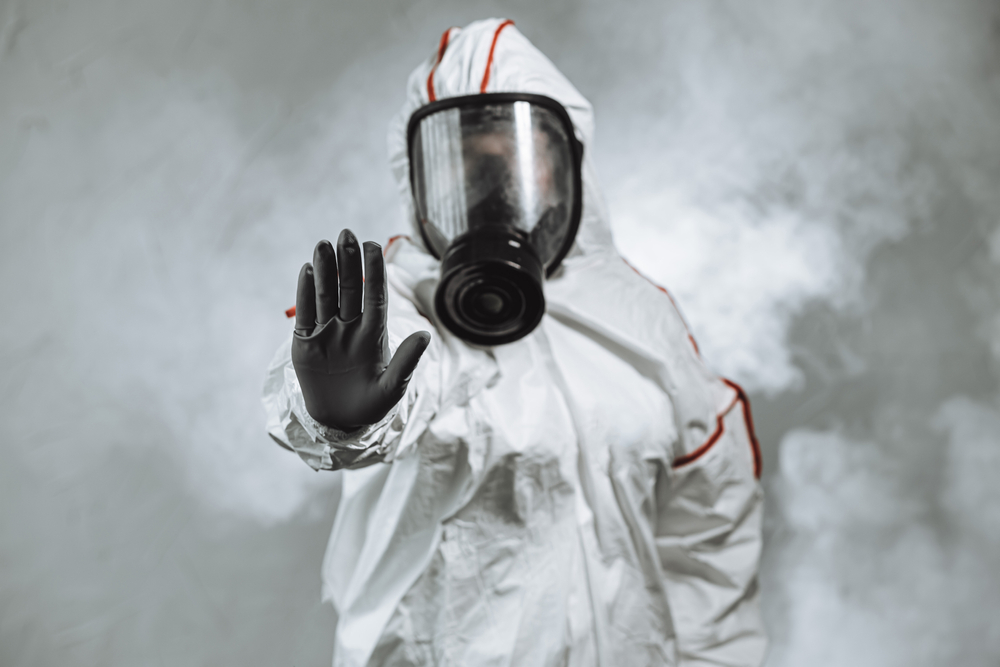
Pesticides are a common household product used to control pests, but what happens when they reach their expiration date or are no longer needed? Can you simply throw them in the trash? Understanding the correct disposal procedures is crucial for both environmental safety and personal health. In this article, we’ll explore the best practices for disposing of old pesticides and why it’s important to follow proper disposal procedures.
What Are Pesticides?
Pesticides are chemicals used to kill or control pests, including insects, weeds, fungi, and rodents. They come in various forms such as sprays, granules, and powders. While they can be effective in managing pest problems, improper disposal can lead to significant environmental and health risks.
Why Proper Disposal Is Important
Improper disposal of pesticides can lead to soil and water contamination, harming wildlife, pets, and even humans. Pesticides that end up in landfills or are discarded improperly can leach into groundwater or be washed away into nearby water bodies, posing long-term environmental risks.
Disposal Procedures Vary Based on Pesticide Type
Household Pesticides
For household pesticides, such as those used for garden pests or indoor insects, disposal guidelines are often provided on the product label. It’s essential to follow these instructions to ensure safe disposal. Many household pesticides can be taken to local hazardous waste disposal facilities or events.
Agricultural Pesticides
Agricultural pesticides are generally used in larger quantities and often have specific disposal requirements. These products may be subject to regulations that dictate how they should be handled when they are no longer needed. Farmers and agricultural businesses should consult with local agricultural extension offices or waste management authorities for proper disposal procedures.
Where to Dispose of Old Pesticides
Local Hazardous Waste Facilities
One of the safest ways to dispose of old pesticides is to take them to a local hazardous waste facility. These facilities are equipped to handle and dispose of hazardous materials safely. They ensure that pesticides are processed in a manner that minimizes environmental impact.
Household Hazardous Waste Collection Events
Many communities hold periodic household hazardous waste collection events. These events provide an opportunity for residents to drop off old pesticides and other hazardous materials for safe disposal. Check with your local waste management authority for information on upcoming events in your area.
Contact Your Local Waste Management Authority
If you’re unsure where to dispose of old pesticides, contact your local waste management authority or public works department. They can provide guidance on the best disposal options available in your area.
Pesticide Use and Disposal Regulations
Federal Regulations
In the United States, the Environmental Protection Agency (EPA) regulates pesticides and their disposal under the Federal Insecticide, Fungicide, and Rodenticide Act (FIFRA). The EPA provides guidelines for the proper disposal of pesticides and requires manufacturers to include disposal instructions on the product label.
State and Local Regulations
In addition to federal regulations, state and local authorities may have specific rules governing the disposal of pesticides. These regulations can vary, so it’s important to be aware of and comply with local laws to ensure proper disposal.
Tips for Safe Disposal of Pesticides
Read the Label
Always start by reading the label on the pesticide container. The label often includes disposal instructions and safety precautions. Following these instructions can help you handle the pesticide safely and dispose of it properly.
Do Not Dump or Pour Out
Never dump pesticides down the drain, toilet, or onto the ground. This can lead to contamination of water sources and soil. Similarly, avoid pouring pesticides into regular trash as this can also result in environmental contamination.
Keep Pesticides in Their Original Containers
When disposing of pesticides, keep them in their original containers. This helps prevent leaks and ensures that the product is easily identifiable by disposal personnel. Make sure the container is tightly sealed to prevent spills.
Follow Local Guidelines
Adhere to the disposal guidelines provided by your local waste management authority. These guidelines are designed to ensure that pesticides are handled and disposed of in a way that minimizes risks to the environment and public health.
Conclusion
Proper disposal of old pesticides is essential for protecting the environment and ensuring public safety. Throwing old pesticides in the trash or dumping them down the drain can have serious environmental consequences. By following the disposal procedures outlined in this article and adhering to local regulations, you can help prevent pollution and safeguard both human and environmental health. If you’re ever in doubt, consult with local waste management authorities to find the safest disposal method for your old pesticides.
Need a Dumpster Rental Company in Nashville, TN?
Welcome to Dumpster Rentals Nashville by Griffin Waste, LLC. We are the Nashville, Tennessee locally owned and operated dumpster rental service. Our dumpsters comprise of 10-yard containers that are perfect for residential or light commercial purposes. Each dumpster rental includes delivery, pickup, and up to 4 tons of material. Our convenient Nashville dumpster rental services can easily fit in the most tightest of places and locations. Contact us today to learn more about what we can do for you!
